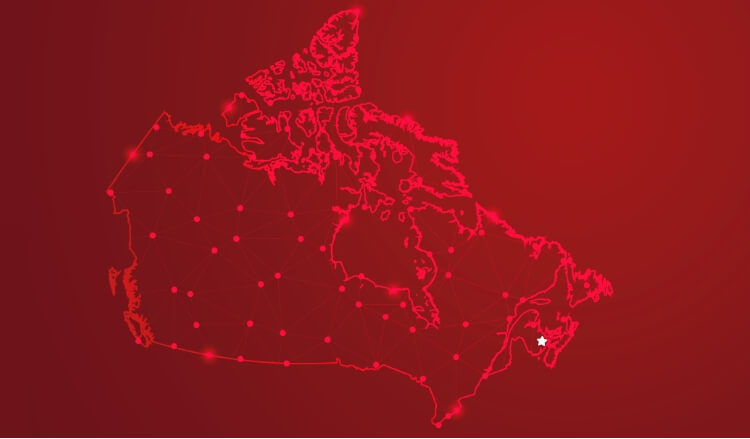Perspectives on Morphosyntactic and Pragmatic Variation in Francophone Minority Communities
Call for Papers
For a special issue of Linguistic Minorities and Society
This thematic issue will contribute to the advancement of knowledge in the field of linguistic variation in the Francophone space, particularly in morphosyntax and pragmatics. In other words, it will be devoted to the exploration of subjects in the grammar and discourse of French in Canada and elsewhere. Many studies have been conducted on the pronunciation (accent) and lexicon (words) of French varieties around the world. In fact, the French-speaking world boasts countless dictionaries and glossaries in which the lexical heritage of French varieties is recorded (Comme on dit chez nous – Le grand livre du français de nos régions, by Mathieu Avanzi, Alain Rey and Aurore Vincenti; Usito; Dictionnaire des francophones; Dictionary of Louisiana French, to name a few). The pronunciation of several varieties of French is also well documented (see, for instance, the programme Phonologie du français contemporain [PFC] : Usages, variétés et structure, which presents the results of numerous inquiries into the sounds of French varieties, or Paradis and Dolbec’s site [http://phono.uqac.ca/] on the phonetic characteristics of Québecois French).
In comparison, studies on morphosyntax and pragmatics are much rarer. Aspects of grammar and discourse are less salient dimensions in languages, which partly explains the paucity of research in these areas. Through research in sociolinguistics (e.g., on interrogatives and discourse markers), which remains fragmentary (see Gadet, 1997; Vinet, 2001), we know that morphosyntactic and pragmatic forms can vary from one French variety to another. The proposed thematic issue aims, therefore, to give visibility to the description of morphosyntactic and pragmatic aspects in order to fill an obvious gap in the study of variation in the Francophonie. The issue also focuses on computer-mediated communication (SMS, social network messages, shared videos, etc.), thus providing a resolutely contemporary picture of linguistic variation.
Here are the important dates regarding this special issue of Linguistic Minorities and Society:
- Proposals for articles must be submitted before May 31, 2022, and include in the following form: name(s) of the author(s) and home institution; the title of the manuscript; and a 500-word summary (maximum) with references (space unlimited). Authors will be notified by June 15, 2022, as to whether their proposal has been accepted.
- A workshop (Zoom) where authors can present their research will be held on October 14, 2022.
- The tentative deadline for the submission of manuscripts is May 1, 2023. For the protocol for the presentation of manuscripts, please consult the following site: https://icrml.ca/images/Editorial_policy_and_ethics_janvier2022.pdf. Authors who wish to access the French version of the protocol can consult it by clicking on the following link: https://icrml.ca/images/Politique_e%CC%81ditoriale_et_e%CC%81thique_janvier2022.pdf
In order to stimulate dialogue, submission of a proposal and participation in the workshop are strongly encouraged but not mandatory for submitting a paper.
The members of the editorial committee of the special issue of Linguistic Minorities and Society “Perspectives on Morphosyntactic and Pragmatic Variation in Francophone Minority Communities” are:
- Anne-Sophie Bally, Professor, Université du Québec à Trois-Rivières, This email address is being protected from spambots. You need JavaScript enabled to view it.
- Catherine Léger, Professor, Department of French, University of Victoria, This email address is being protected from spambots. You need JavaScript enabled to view it.

